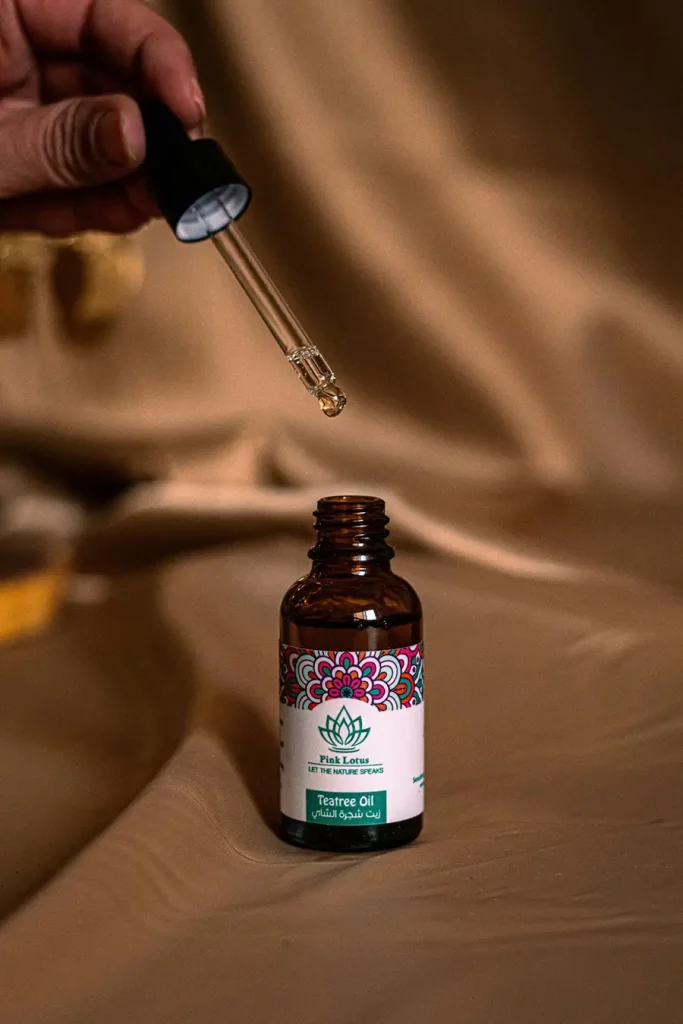Before launching household products such as air fresheners, scented candles, home fragrance items, or detergents on the UK or EU market, it is essential to ensure that the formula complies with all applicable regulatory requirements. These product categories are subject to strict rules regarding ingredient restrictions, concentration limits, labelling, and safety standards. Non-compliance can result in enforcement action, customs delays, or product withdrawal.
At Taobé Consulting, we support manufacturers and brands by carrying out in-depth formula compliance and label checks. We review each ingredient against current UK and EU regulations, verify supplier documentation, and provide expert guidance on any necessary adjustments to ensure your product is fully compliant and ready for market.
The very first step before placing your product on the UK or EU market is to ensure that the formula does not contain any problematic ingredients—such as banned substances or those with usage restrictions. The specific regulatory checks required depend on your product category, target population, and markets. For example, an air freshener, a scented candle, a dishwasher tablet or a laundry detergent must all meet distinct regulatory requirements regarding permitted ingredients, concentration limits, and intended use.
Our regulatory experts conduct a detailed review of your product formula by assessing each ingredient’s properties using supplier documentation, including Safety Data Sheets (SDS), Certificates of Analysis, and allergen declarations where applicable. We then compile a tailored formula compliance report that covers all relevant regulations in your intended markets.
If any part of the formula is non-compliant, we will advise on appropriate adjustments—such as suggesting alternative ingredients or reducing specific concentrations—to ensure full compliance with UK and EU legislation.
Yes—most finished household products must undergo testing to ensure they are stable, microbiologically safe, and capable of maintaining quality over time. Just as in the cosmetics sector, you are typically required to perform stability testing and, depending on the nature of the formula, microbiological quality and preservative efficacy testing.
Beyond these baseline tests, certain product categories are subject to additional requirements. For example, detergents may require surfactant biodegradability testing, while air fresheners and home fragrance products may need Volatile Organic Compound (VOC) assessments to comply with environmental and safety regulations.
Our experts at Taobé Consulting will help you determine which tests are necessary based on your product type and target markets, ensuring you meet all applicable UK and EU regulatory standards efficiently and thoroughly.
Yes, the labels on finished products must provide clear, legible, and easily understandable information for consumers. UK and EU regulations specify mandatory elements that help users handle and store products safely, recognise potential hazards, and know who to contact in case of health concerns.
These requirements often include specific hazard and precautionary symbols, mandatory statements, and declarations of certain ingredients such as surfactants or allergens. Labels may also need to feature a Unique Formula Identifier (UFI) number along with other legally required details.
At Taobé Consulting, we conduct comprehensive label compliance checks to ensure your packaging meets all regulatory standards. Think of your product label as its passport—when it is fully compliant, you minimise the risk of issues with customs, regulatory authorities, and market access.
While not yet in force, the European Union is set to introduce the Digital Product Passport (DPP) as part of the upcoming Ecodesign for Sustainable Products Regulation. This initiative aims to provide consumers with transparent and accessible information about a product’s ingredients sourcing, manufacturing processes, eco-design features, performance, and recyclability.
Preparing for the DPP will be essential for businesses wishing to stay ahead of regulatory developments and meet evolving sustainability standards.
At Taobé Consulting, we assist companies in compiling the necessary technical documentation to comply with these forthcoming requirements. Our experts also offer guidance on improving your product’s eco-design through strategies such as ecoformulation, use of recyclable packaging, and eToxiSafe labelling—helping you future-proof your products for a more sustainable market.
Household products must comply with the Registration, Evaluation, Authorisation and Restriction of Chemicals (REACH), the Classification, Labelling and Packaging Regulation (CLP), and the General Product Safety Regulation (GPSR). These laws set strict standards for safe formulation, documentation, and consumer labelling in both the UK and EU.
A Safety Data Sheet is legally required for products containing hazardous substances. It outlines the health and safety information, handling precautions, and is essential for regulatory compliance in the UK and EU.
Labels must include hazard pictograms, precautionary statements, allergen or surfactant declarations, and the Unique Formula Identifier (UFI). These elements ensure consumer safety and regulatory acceptance.
The UFI is a 16-character code required on labels for products containing hazardous mixtures. It links to your Poison Centre Notification and allows emergency services to quickly identify the product composition.
You must submit a PCN before placing any hazardous mixture on the EU or UK market. This is a regulatory requirement under CLP to ensure poison centres have formula details for emergency medical response.
Yes. These products are regulated under the CLP Regulation, GPSR, and in some cases REACH, especially if they contain hazardous substances. Proper labelling, hazard communication, and safety documentation are all required for legal sale in the UK and EU.
The DPP is an upcoming EU requirement aiming to improve product traceability, sustainability, and recyclability. While not mandatory yet, it’s smart to start preparing technical documentation now.

Contact us today to discuss your specific needs and benefit from our expertise in formula compliance and label check. Our team of experts will help you to ensure your product is fully compliant and ready for market.